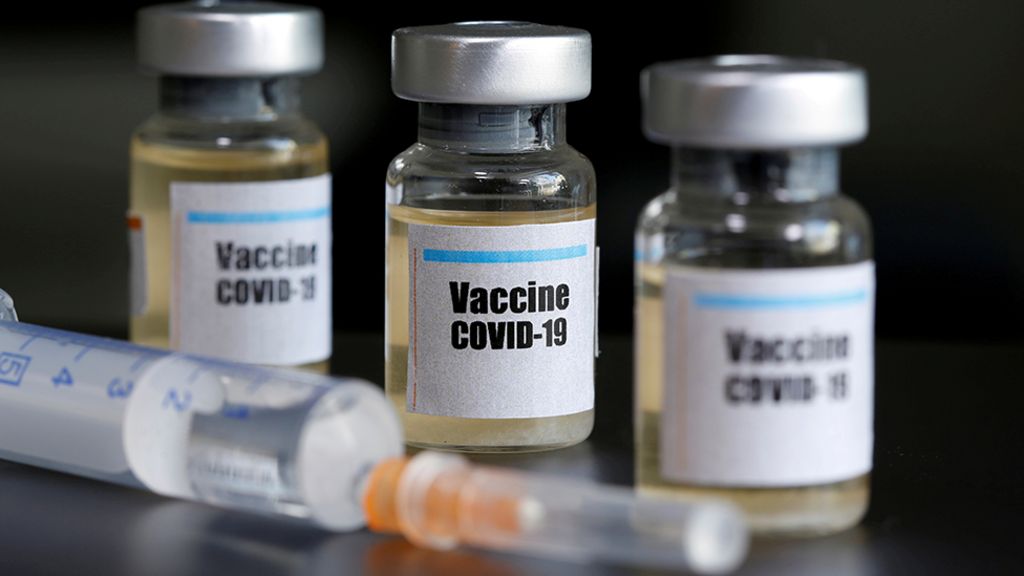
An extended version of the BDJ letter:
Russell-Williams, C., Al-Attar, S. Students’ vaccine views. Br Dent J 230, 183 (2021). https://doi.org/10.1038/s41415-021-2731-7
https://www.nature.com/articles/s41415-021-2731-7
Key Facts:
- 86.6% of dental students plan to have or have already received the vaccine.
- 56.3% of dental students believe the vaccine may have harmful side effects or long-term effects.
- 72.4% of dental students would like more information on the vaccine from their dental school.
Covid-19 has caused major disruptions to the dental profession and education since its announcement as a pandemic on 11th March 2020. Rising infection rates and repeated lockdowns offer a bleak view of the foreseeable future of dentistry. News of the administration of the first Covid-19 vaccine in the UK on 8th December 2020 was embraced by many as a glimmer of hope, but others were slightly apprehensive at the prospect.
As healthcare workers in priority group 2, dental students are included in the first phase of the government’s vaccine rollout- aimed to finish by mid-February 2021. The Manchester Undergraduate Dental Research Society were interested to see dental students views on the vaccine and distributed a questionnaire on our social media platforms for a week in late January. This cross-sectional study contained 5 questions and was open to all undergraduate dental students.
We received 128 responses from all the UK dental schools, mostly from The University of Manchester (85 responses). There were 10 responses each from The Universities of Sheffield and Birmingham; additional responses from the remaining 13 universities were in single figures. The year groups of participants were relatively evenly spread; BDS1 (26%), BDS2 (13.4%), BDS3 (15.7%), BDS 4 (33.1%), BDS5 (11.8%).
The UK government’s assumption, based on previous vaccination programmes, is that around three quarters of people will take the coronavirus vaccination when offered. Our results show slightly higher rates as, at the time of the survey, 86.6% of dental students planned to have or had already received the vaccine. Of the remaining students, 8 had decided not to take it and 9 were undecided.
We then asked students to select statements they believed to be true, the results are shown in the table below:
| Statement | Respondents |
| The vaccine may have harmful long-term effects | 40 |
| The vaccine may have harmful side effects | 32 |
| I do not know enough about the vaccine to make a decision | 18 |
| The vaccine has been produced too quickly | 13 |
| The vaccine will not work | 8 |
| I’m unlikely to become unwell with COVID so I don’t need the vaccine | 7 |
| The vaccine contains harmful substances | 1 |
In response to these results, we have attempted to address some of the issues in order to bolster confidence in the vaccine and its benefits and allow people to make informed decisions:
- ‘The vaccine has been produced too quickly.’
Widespread publicity, new platform technologies, rolling reviews and unrestricted funding have all played a part in the speed of vaccine development.
- ‘The vaccine will not work’
Currently, three vaccines have been approved for distribution in the UK; Pfizer-BioNTech, Oxford-AstraZeneca and Moderna. The efficacy of these in trials varies between 70-95%.
- ‘I’m unlikely to become unwell with COVID so I don’t need the vaccine.’
A study showed that of more than 3,000 adults aged 18 to 34 who contracted Covid-19 and became sick enough to require hospital care, 21% ended up in intensive care, 10% were placed on a breathing machine and 2.7% died. Furthermore, for an effective vaccine to be successful, a point of herd immunity needs to be reached, this will occur in the UK when enough people have been vaccinated to significantly reduce the spread of the virus to others.
This study shows that although students have several concerns, many are taking the vaccine nevertheless. Our final question asked whether students would like more information on the vaccine from their dental school. The majority (72.4%) answered yes. We suggest that since dental schools are contacting students to offer the vaccine, they should also provide reassurance on students’ concerns. This could be by signposting to reliable resources or holding a question-and-answer session. Hopefully, with accurate information, dental students can make informed decisions and the vaccine can provide us all with hope that there are better times ahead.
Authors:
Chloe Russell-Williams (BDS1, The University of Manchester)
Sumaya Al-Attar (BDS4, The University of Manchester)
